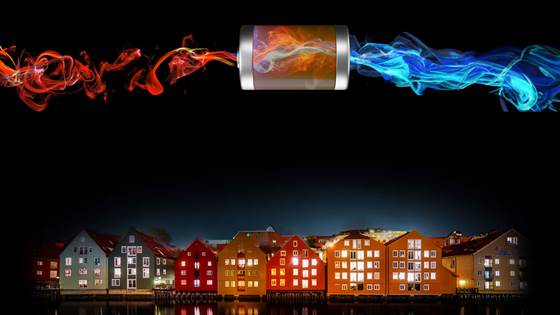
Thermal Energy Storage Workshop 2024
Join us at the TES Workshop 2024, a unique opportunity for researchers, industry professionals, and stakeholders to connect and share insights on the latest advancements in Thermal Energy Storage (TES).

Join us at the TES Workshop 2024, a unique opportunity for researchers, industry professionals, and stakeholders to connect and share insights on the latest advancements in Thermal Energy Storage (TES).

For eight years, FME MoZEES (Mobility Zero Emission Energy Systems) has been a pivotal research hub, striving to advance zero-emission solutions for heavy -duty transport across roads, railways, and seas.
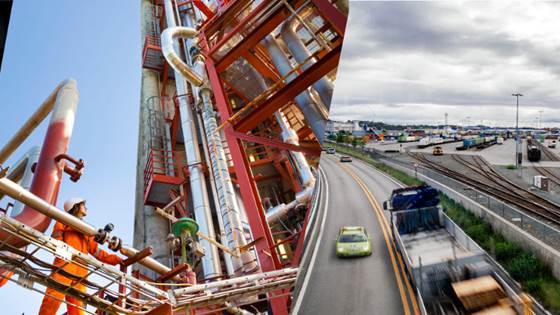
Join the workshop to initiate collaborations and learn opportunities for GenAI in combination with robotics, data and other AI technologies in inspection and maintenance.
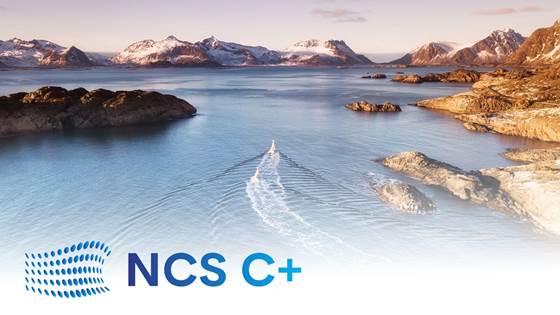
Reaching climate targets can require sustainability transition strategies that include negative emissions technologies, hence, there is a current need for more social science research on these technologies.
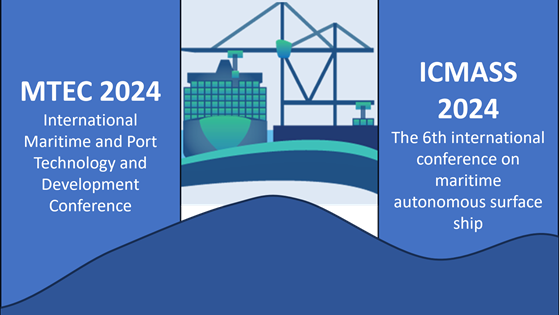
More than 90 high-quality presentations covers Green shipping and ports, Smart and autonomous ship and port operations, maritime safety, and maritime digitalization, connectivity and cybersecurity.
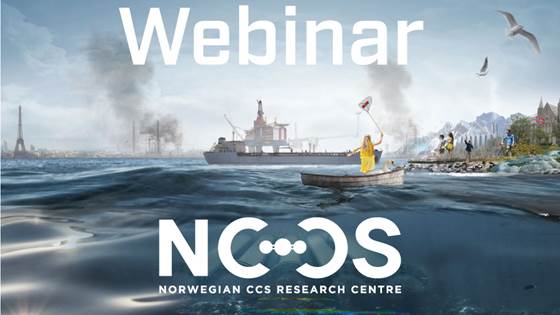
As of February this year, CCUS is expressly envisaged as a fundamental pillar of EU climate mitigation towards net zero in 2050 and net negative emissions beyond.

This webinar is tailored for all European SMEs of any size that have the need and ambition to become more sustainable.

We welcome you to a one-day symposium to celebrate 25 years of DREAM. The day features talks from researchers and industry leaders on management and modelling of the risk of marine pollution.

The webinar will present some of the outcomes from the ERA BlueBio project "QualiSea", where the aim has been to solve current and future challenges of the supply chain for cultivated seaweed, with emphasis on the food and feed markets.

Protonic Membrane Reformer (PMR) technology developed by CoorsTek Membrane Sciences allows for production of pure hydrogen by steam-methane reforming (SMR) in a single-stage process with near-zero energy loss.

Would you like to participate in the first robotic conference dedicated to aquaculture?

Handling of pressurized CO2 gas mixtures is done in several places along the CCUS value chain.

Once again this year, we are holding a webinar about Norway’s involvement in IEA Wind, together with Norway’s TCP representative Ann Myhrer Østenby, from NVE.
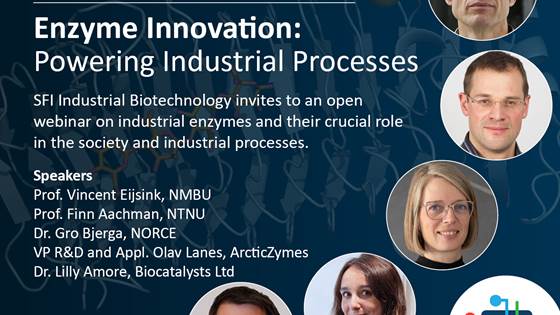
SFI Industrial Biotechnology invites to an open webinar where several of our partners, both from academia and industry, will talk about the different aspects of industrial enzymes, their importance for industrial processes and for the society.